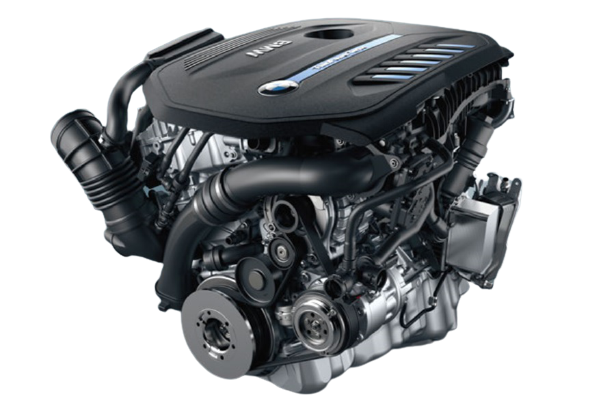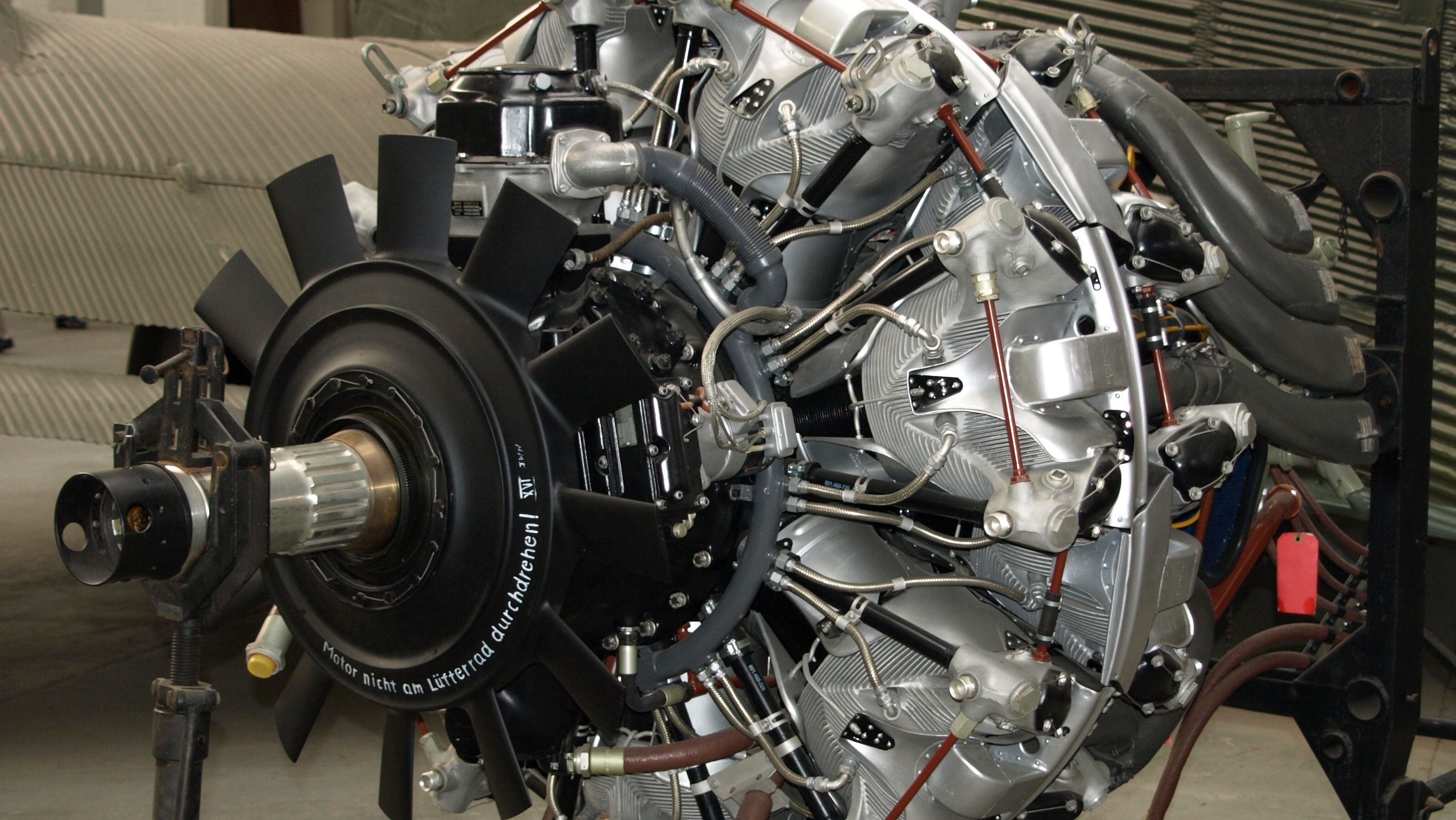A Comprehensive Overview to Recognizing BMW Engine Specs
A Comprehensive Overview to Recognizing BMW Engine Specs
Blog Article
Unveiling the Intricacies of Next-Generation Power Units: a Deep Dive Into Advanced Engine Designs and Innovations
As we stand on the precipice of a brand-new age in transport, the ins and outs of next-generation engine designs bid us to explore the sophisticated technologies and technologies that guarantee to redefine the driving experience. Diving deeper into the worlds of emission control, intelligent engine monitoring systems, and the horizon of power system development, we discover ourselves on the cusp of a makeover that guarantees to improve the landscape of mobility as we understand it.
Advancement of Engine Materials

The shift in the direction of progressed engine products has actually additionally enabled engineers to develop engines with greater power outcomes while keeping gas performance standards. The usage of light-weight products minimizes the total weight of the engine, leading to boosted gas economic situation and reduced exhausts. In addition, innovations in products innovation have actually permitted much better thermal administration within engines, leading to enhanced reliability and longevity.
Turbocharging and Supercharging Technologies
How do Turbocharging and Supercharging Technologies transform engine efficiency and performance in contemporary lorries? Turbocharging and turbo charging are innovations that substantially boost engine efficiency by boosting the amount of air consumption into the burning chamber. Turbocharging accomplishes this by making use of a wind turbine driven by exhaust gases to pressurize the intake air, while turbo charging uses a belt- or chain-driven compressor to attain the exact same result.
These innovations enable smaller sized, more fuel-efficient engines to generate power equivalent to bigger ones, referred to as downsizing. By compeling more air right into the cylinders, supercharging and turbocharging boost combustion performance, leading to raised horsepower and torque outcome without a significant boost in engine dimension. This results in far better acceleration, pulling ability, and overall driving efficiency.
Moreover, turbo charging and turbocharging add to enhanced gas performance by allowing the use of smaller sized engines that consume less gas under regular driving conditions - bmw engine. This combination of improved efficiency and efficiency has made turbocharging and turbo charging indispensable components of numerous modern-day engine designs
Discharge Control and Environmental Influence
With raising global issues pertaining to air top quality and environmental sustainability, the execution of exhaust control technologies in cars plays a crucial role in minimizing unsafe pollutants released into the atmosphere. Modern vehicles are geared up with advanced discharge control systems that assist reduce the environmental effect of automobile operations. Catalytic converters, for instance, are developed to convert harmful gases such as carbon monoxide, nitrogen oxides, and hydrocarbons into much less harmful materials like co2 and water vapor.
Moreover, innovations in engine modern technology, such as the assimilation of exhaust gas recirculation systems and discerning catalytic decrease, have actually substantially contributed to lowering emissions. These modern technologies function in tandem to maximize combustion efficiency and minimize the launch of unsafe toxins right into the air. Additionally, the development of crossbreed and electrical cars represents a critical action towards reducing the total ecological footprint of the transport market.
Intelligent Engine Management Systems

In addition, these systems allow vehicles to satisfy stringent exhausts standards without endangering performance, giving a much more eco friendly driving experience. The assimilation of synthetic knowledge and artificial intelligence abilities in engine monitoring systems remains to press the boundaries of what image source is feasible, leading to further renovations in performance, reliability, and overall lorry efficiency. bmw engine. As vehicle innovation breakthroughs, smart engine management systems will play a critical function fit the future of transportation towards a much more effective and lasting instructions
Future Trends in Power Unit Growth
As smart engine monitoring systems lead the method for improved control and optimization in contemporary cars, future patterns in power unit development are positioned to redefine the landscape of automotive propulsion modern technologies. These different power resources use enhanced efficiency and performance while straightening with rigorous ecological guidelines.
One more significant fad is the integration of sophisticated materials and manufacturing strategies. Light-weight materials such as carbon fiber and aluminum are being made use of to minimize overall lorry weight, boosting fuel efficiency and efficiency. Furthermore, improvements in 3D printing and additive manufacturing are making it possible for the manufacturing of complex engine parts with greater precision and durability.
In addition, man-made intelligence and artificial intelligence are playing an essential role in enhancing power system performance. These modern technologies permit real-time monitoring and flexible control, causing more reliable and trustworthy power delivery. On the whole, future patterns visit this site right here in power device development are tailored towards performance, performance, and sustainability, driving the automotive market in the direction of a new age of propulsion technologies.

Final Thought
Finally, the innovations in engine materials, turbocharging, exhaust control, and intelligent monitoring systems have led the way for next-generation power devices. These developments have not just enhanced efficiency and efficiency however additionally reduced ecological impact. As innovation remains to develop, future patterns in power device development are most likely to concentrate on further improving sustainability and maximizing power output. The complex designs and developments in contemporary engines display the ongoing development of auto technology.
Exploring the progressive developments in engine materials has been essential in boosting the efficiency and performance of modern-day engines. Over the years, the advancement of engine products has actually played an essential function in pushing the limits of what engines can accomplish.The change in the direction of progressed engine products has actually additionally made it possible for engineers to create engines with greater power outputs while preserving gas performance criteria.The execution of smart engine monitoring systems in modern-day automobiles has actually reinvented the means engines are regulated and maximized for efficiency and effectiveness. By gathering data in real-time and evaluating it with sophisticated formulas, smart engine administration systems can adapt to driving styles, ecological aspects, and engine health and wellness to make the most of power output while decreasing gas usage and emissions.
Report this page